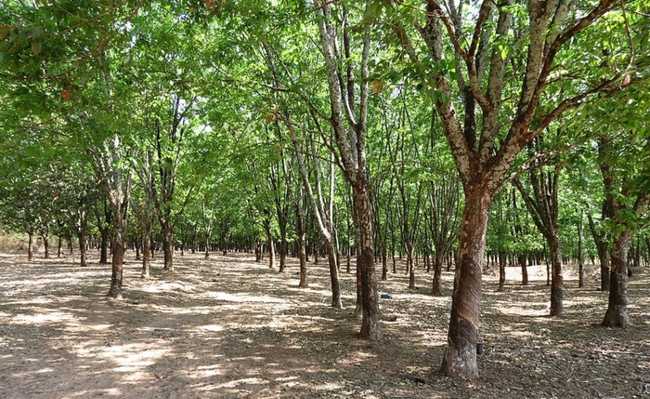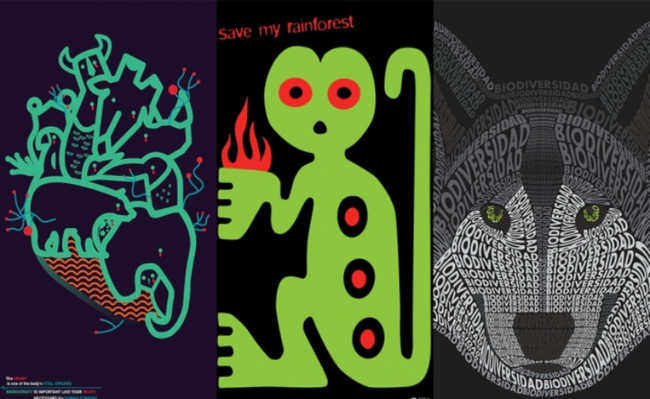What is gluten? Bad guy or good guy?
Understand how gluten, found in bread, pasta, beer and other treats, can be an enemy of health

Rawpixel Image in Unsplash
Gluten is a network of proteins composed, essentially, by the proteins gliadin and glutenin, which, when added to water, clump together, thus forming a mass. Gluten is present in wheat, rye, oats (when it is contaminated by wheat crops), triticale and malt; being widely found in pasta, biscuits, coxinhas, beer, whiskey, biscuits, among others. It is responsible for retaining fermentation gases (which is why it is widely used in the preparation of cakes and breads, as it makes them grow) and promotes elasticity, plasticity and stickiness of the dough, providing softness and good texture to the food.
In 2008, gluten gained fame as a villain due to the publication of studies that showed the potential health risks associated with its consumption, such as allergies, dermatitis, constipation, weight gain, and, in excessive consumption, obesity and later on. development of chronic cardiovascular diseases. Another disease caused by gluten is celiac disease, which is characterized by severe inflammation in the small intestine and atrophy of the villi of its mucosa, causing damage in the absorption of nutrients, vitamins, mineral salts and water, as well as causing diarrhea and crises. intestinal colic. According to a study carried out by the National Federation of Celiac Associations in Brazil (FENACELBRA), it is estimated that in the country there are almost 4 million celiacs, but most of them do not suspect this, since the symptoms are also common to other ailments . Celiac disease is not curable, but its symptoms can be alleviated by avoiding gluten intake. In this case, products based on rice, cassava, corn and potatoes are a good option.
But in addition to celiac disease, there is non-celiac gluten sensitivity and gluten intolerance, which are different conditions. You can understand this topic better in the article: "Celiac disease: symptoms, what it is, diagnosis and treatment".
Controversy
There is no doubt that gluten is harmful for people with celiac disease. However, there are those who claim that, as it is a protein that is not digested by the body, gluten is bad for everyone.
While some health experts claim that a gluten-free diet is fad, others are strongly against gluten intake. According to the doctor Juliano Pimentel, for example, no human can digest gluten.
A study published by the platform PubMed showed that gluten can cause adverse effects in people who are not sensitive to it, causing pain, swelling, stool inconsistency and fatigue.
Two other studies concluded that gluten can cause inflammation in the intestines of healthy people.
Four studies concluded that gluten can have negative effects on the gut barrier, allowing unwanted substances to “escape” through the bloodstream (see studies here: 6, 7, 8, 9).
Three other studies concluded that the evidence that most people react negatively to gluten is clear (see studies here: 10, 11, 12).
Legislation
According to Law No. 8.543, of December 23, 1992, it is mandatory to inform the presence of gluten on food labels. In 2003, another law determined that any food product must display on the packaging the indication "contains gluten" or "does not contain gluten". However, many industries do not have adequate technology to perform tests on food in order to identify the presence or absence of this protein network. In addition, the indication of whether or not it contains gluten appears in hidden places on some food packages and, generally, in small print, thus making life difficult for celiac consumers.
Gluten Free Food List
- Fruits;
- Vegetables;
- Greenery;
- Rice flour;
- Cream of rice;
- Cornstarch (popular cornstarch);
- Sweet powder;
- Sour Sprinkle;
- Tapioca;
- Cassava flour;
- Potato starch;
- Manioc;
- Potato;
- Guy;
- Bean;
- Rice;
- Salt;
- Oils;
- Cocoa;
- Lentil;
This list is of foods that naturally should not have gluten, however, processed foods such as manioc flour can be contaminated by residues of wheat flour containing gluten (or another source of gluten) when processed in contaminated machines, so always check the packaging whether or not it contains gluten. Normally, oats contain gluten through contamination in the planting, but there are oats with certification without gluten.
If you are trying to avoid gluten, the ideal is to avoid processed foods in general and in preference to foods in nature.
For those who want to go deeper into the subject of celiac disease in particular, check out a video produced by Hospital das Clínicas de Porto Alegre in which health professionals detail what it is about.










